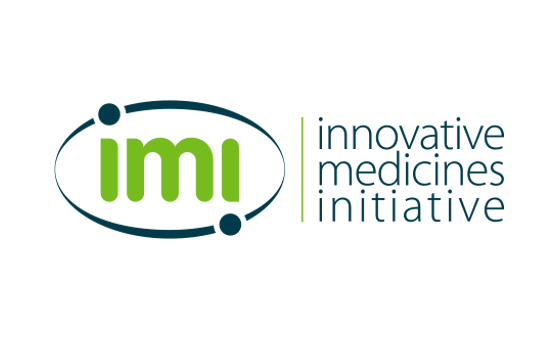Research and Development News
Fussy, Hungry, or Even in Pain? Scientists Create an AI Tool to Tell Babies' Cries Apart
Artificial Intelligence Detects a New Class of Mutations Behind Autism
IMI to Boost Patient Involvement in its Activities
 The Innovative Medicines Initiative (IMI) is creating a 'pool' of patient experts to strengthen the role and voice of patients in IMI activities at both strategic and operational levels. IMI has always involved patients in its work; now the plan is to take patient engagement at IMI to the next level.
The Innovative Medicines Initiative (IMI) is creating a 'pool' of patient experts to strengthen the role and voice of patients in IMI activities at both strategic and operational levels. IMI has always involved patients in its work; now the plan is to take patient engagement at IMI to the next level. Mobile Phone App Designed to Boost Physical Activity in Women Shows Promise in Trial
Robot Therapists Need Rules
What Do Parents of Children with Cancer Search for Online?
More eHealth News ...
Latest Business News
- Yousif's Story with Sectra and The King's Trust
- Highland to Help Companies Seize 'New Era' in Health Tech Growth
- Dartford and Gravesham Implements Clinisys ICE for Radiology and Pathology Orders
- Alcidion Grows Top Talent in the UK, with New MD, CCIO and CRO Appointments
- Unlocking the 10 Year Health Plan
Latest Research News
- AI Tool Offers Deep Insight into the Immune System
- New AI Tools Help Scientists Track How Diseases Start
- Study Finds One-Year Change on CT Scans Linked to Future Outcomes in Fibrotic Lung Disease
- New Antibiotic Targets IBD - and AI Predicted How it would Work
- New AI Tool Scans Social Media for Hidden Health Risks
Latest Conferences News
- Start-ups in the Spotlight at MEDICA 2025: Innovative Strength Meets Global Visibility
- DMEA 2025 Ends with Record Attendance and a Boost for Innovations in Digital Health Care
- DMEA 2025: Digital Health Worldwide in Berlin
- DMEA sparks: The Future of Digital Health Starts Here
- DMEA 2025 - Innovations, Insights and Networking for the Digital Future of Health Care
Latest Jobs
- Growth Manager Europe
- Healthcare Delivery / Implementation Manager (Germany)
- Full Professor of Ambient Assisted Living & Medical Assistance Systems
- (Senior) Project Lead Digital Transformation Consulting
- Global Product Manager - Digital Services for Healthcare
- Marcomms / PR Account / PR Account Manager - Healthcare & Technology
- ECG Data & AI Principal Scientist Director